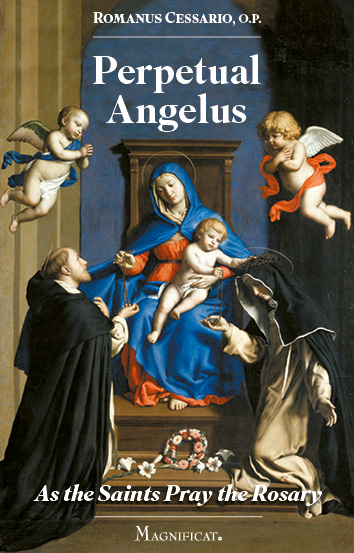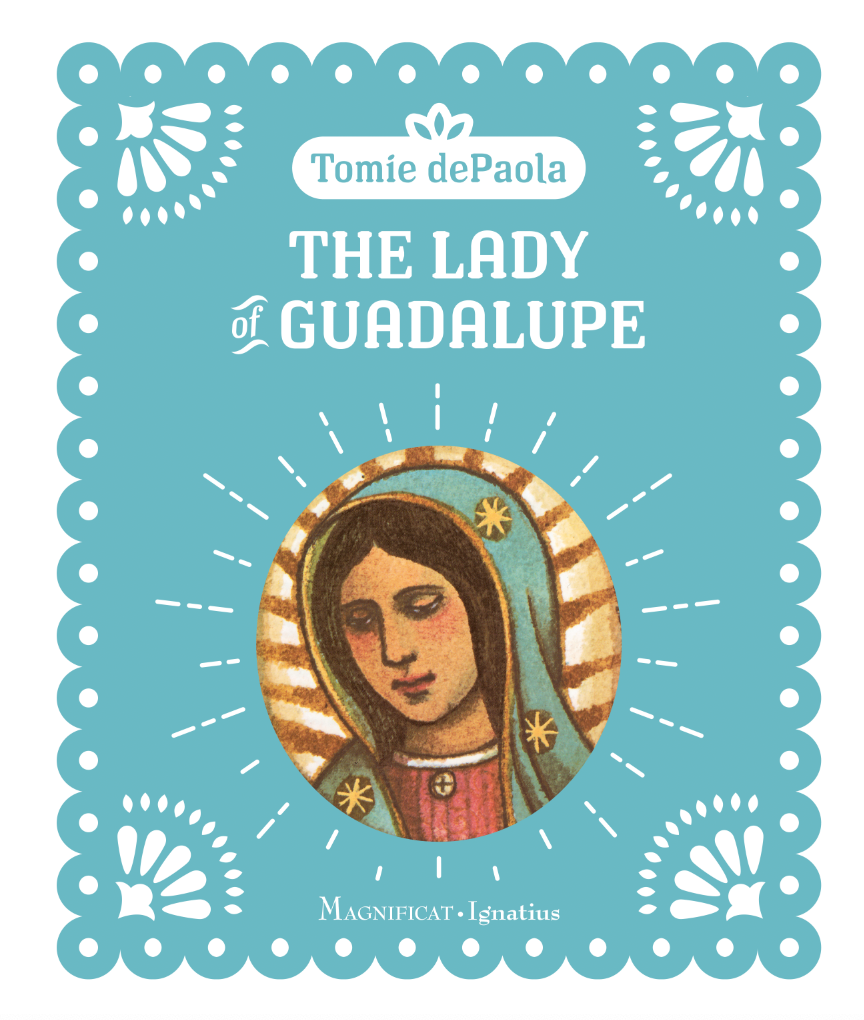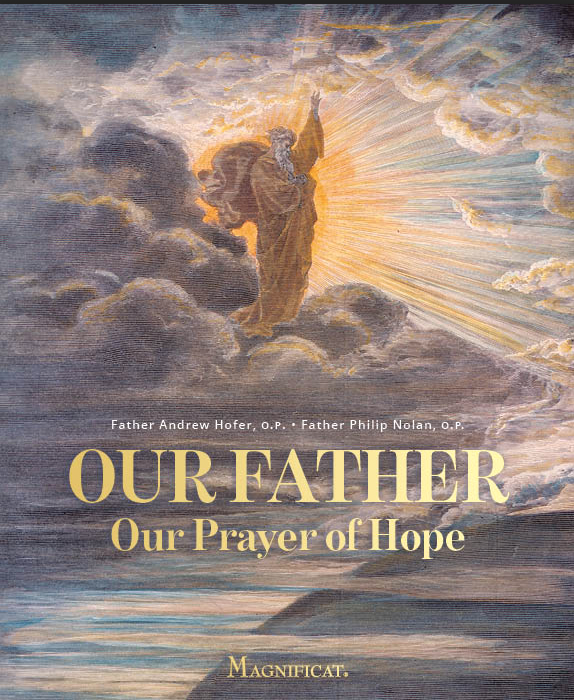“No man is an island,” wrote John Donne. His words are among the most famous in the English language. The reason for the popularity of Donne’s adage in our time may be precisely because we are so far from living out its truth.
Proceeding down the conveyor belt of time toward the year 2000, many feel isolated and alienated, in desperate search for elusive community. Perhaps our conviction that in the end we must go it alone explains why in matters of our Catholic faith, we find ourselves somewhat perplexed if not skeptical about such notions of interdependence as can be found in classical spiritual writings like True Devotion to the Blessed Virgin Mary by St. Louis Marie de Montfort. What can he really mean by suggesting that it would be better to surrender one’s own hard-won merits to Mary and ask in exchange that she live in us forever?
The beauty of intermingling
To become enchanted by the idea of drawing on a bank of grace, the communion of saints, rather than operating out of the A-for-effort mentality, let us turn to a poetic rendering of the beauty of intermingling. In a poem called “Love’s Philosophy,” Shelley wrote:
“The fountains mingle with the river
and the rivers with the ocean,
The winds of heaven mix for ever
With a sweet emotion;
Nothing in the world is single,
All things by a law divine
In one another’s being mingle
Why not I with thine?”
Although Shelley’s image appears to be more about physical love than about spiritual exchange, it can still serve as an analogy, I believe, for the communion of saints. Before continuing, here’s a question: would you really like to arrive in eternity boasting of having made it by yourself? Wouldn’t it be more glorious to encounter at the pearly gates a band of intercessors including beloved family, friends, and favorite saints, waiting, so to speak, to seize you, lift you up high, and, chanting praises, rush you into the arms of your Lord and Savior?
Communion of saints
In the Creed we repeat the centuries’ old words, “I believe in the communion of saints.” The meaning is a little more complex than I had thought, as I discovered looking it up in the trusty official Catechism of the Catholic Church. Here are some passages that might help you get a firmer grip on this dogma:
Under the title the Communion of Saints we find this quotation from Thomas Aquinas: “since all the faithful form one body, the good of each is communicated to the others….We must therefore believe that there exists a communion of goods in the Church. But the most important member is Christ, since he is the head…. Therefore, the riches of Christ are communicated to all the members, through the sacraments” (CCC 947).
Thus, the need to receive help from others versus going it alone starts with the most obvious truth of Christianity, our need for Jesus.
From the Roman Catechism comes this proposition: “As this Church is governed by one and the same Spirit, all the goods she has received necessarily become a common fund” (CCC 947). That might be a little more challenging to the mind. To take up again a previous analogy, how would you feel if you went to the bank to make a withdrawal and were told that all the funds had been pooled the day before? Actually, the comparison leads further than I had anticipated. If you were poor, read “poor in spirit,” you might be exultant at receiving an equal share that was much greater than your original deposit. If you were rich, read “rich in spirit,” you might be afraid to get less than your share.
Yet, there it is, right in the catechism: “in this solidarity with all men, living or dead, which is founded on the communion of saints, the least of our acts done in charity redounds to the profit of all” (CCC 953).
“Being more closely united to Christ, those who dwell in heaven fix the whole Church more firmly in holiness…. They do not cease to intercede with the Father for us, as they proffer the merits which they acquired on earth through the one mediator between God and men, Christ Jesus…. So by their fraternal concern is our weakness greatly helped” (CCC 956, quoting Lumen Gentium, 49).
Lest some reader who is not Catholic think that such an idea is typical mystical gibberish, consider the accompanying Scripture passage: “None of us lives to himself, and none of us dies to himself” (1 Cor 12:26-27). “If one member suffers, all suffer together; if one member is honored, all rejoice together. Now you are the body of Christ and individually members of it” (CCC 953, quoting Rom 14:7).
Intercessory power
Many Catholics would never consider debating about the communion of saints. This is because they know from experience of the intercessory powers of friends on earth and saints in heaven. If you are not sure about this, you might get hold of Patricia Treece’s book Messengers. Making use of investigative talents honed as a journalist, Treece brings solid evidence to her accounts of the appearance of dead persons to live ones. Some of these are relatives and friends who make it known that they are helping from on high. Others are famous saints whose supernatural appearances are irrefutably proven by documented healings.
The catechism quotes living saints promising after death to help from eternity. St. Dominic told his brethren: “Do not weep, for I shall be more useful to you after my death and I shall help you then more effectively than during my life.” St. Thérèse of Lisieux said: “I want to spend my heaven in doing good on earth.”
A more recent affirmation of the communion of saints came from the papal bull Mystery of the Incarnation in November 1998:
“In Christ and through Christ, [the life of the Christian] is linked by a mysterious bond to the lives of all other Christians in the supernatural union of the Mystical Body. This establishes among the faithful a marvelous exchange of spiritual gifts, in virtue of which the holiness of one benefits others in a way far exceeding the harm which the sin of one has inflicted upon others. There are people who leave in their wake a surfeit of love, of suffering borne well, of purity and truth, which involves and sustains others” (10).
In the light of the above, the exhortation of St. Louis Marie de Montfort about exchanging one’s merits for those of the Blessed Virgin doesn’t look like such a bad deal after all!
©Magnificat November 1999









